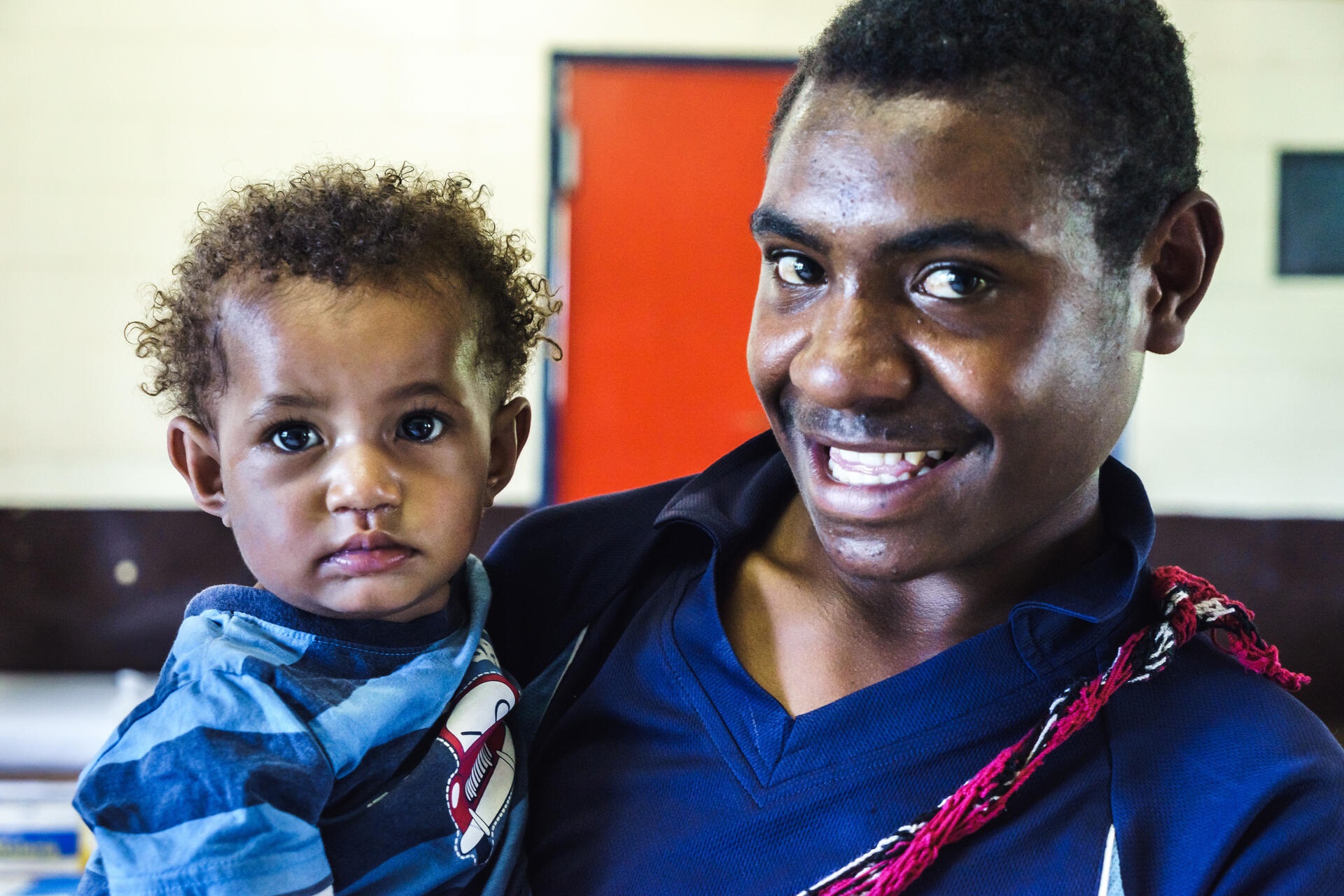Maternal, Newborn, Child and Adolescent Health and Ageing
We lead WHO’s work on the life course so that every pregnant woman, mother, newborn, child, adolescent, and older person will survive, thrive and enjoy health and well-being.
Operationalizing a Life Course Approach
Principles for interventions based on a life course approach
Six core principles essential for operationalizing a life course approach, include:
- person-centredness;
- health equity;
- early/temporal action;
- appropriate evidence-based action;
- collaboration across generations and sectors; and
- continuity across all life stages.
These principles provide the foundation for designing interventions that build and sustain physical and mental capacities and people’s abilities to experience well-being. Life course interventions are most effective when they cut across systems and align with people’s lived experiences. This requires strong governance, multisectoral partnerships and data-informed decisions. The operational application of these principles can transform fragmented health services into proactive, integrated systems that are reoriented to produce health.

WHO / Y. Shimizu
A father and child paying a visit at the Goroka Hospital, Papua New Guinea.
A father and child paying a visit at the Goroka Hospital, Papua New Guinea.
©
Credits
Key publications
Report of the 4th Life Course Network meeting, 18-19 November 2024 - Extending healthy ageing across the life course: connecting healthy development and...

9 February 2023
Creating healthy life trajectories: universal health coverage and a life course approach
Technical Brief
